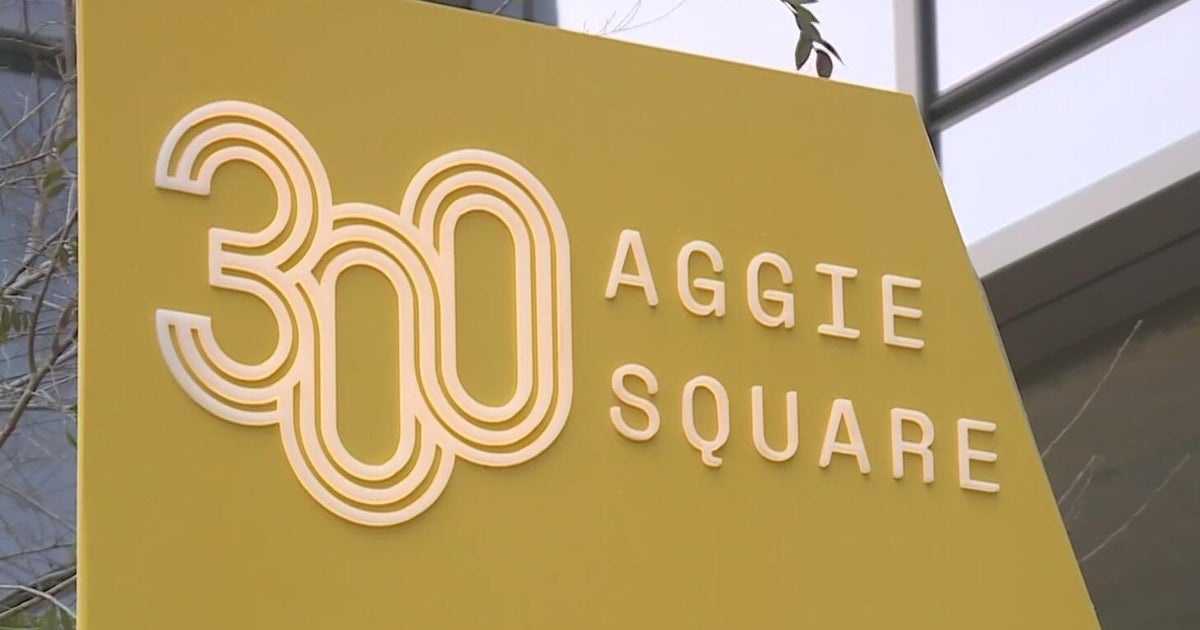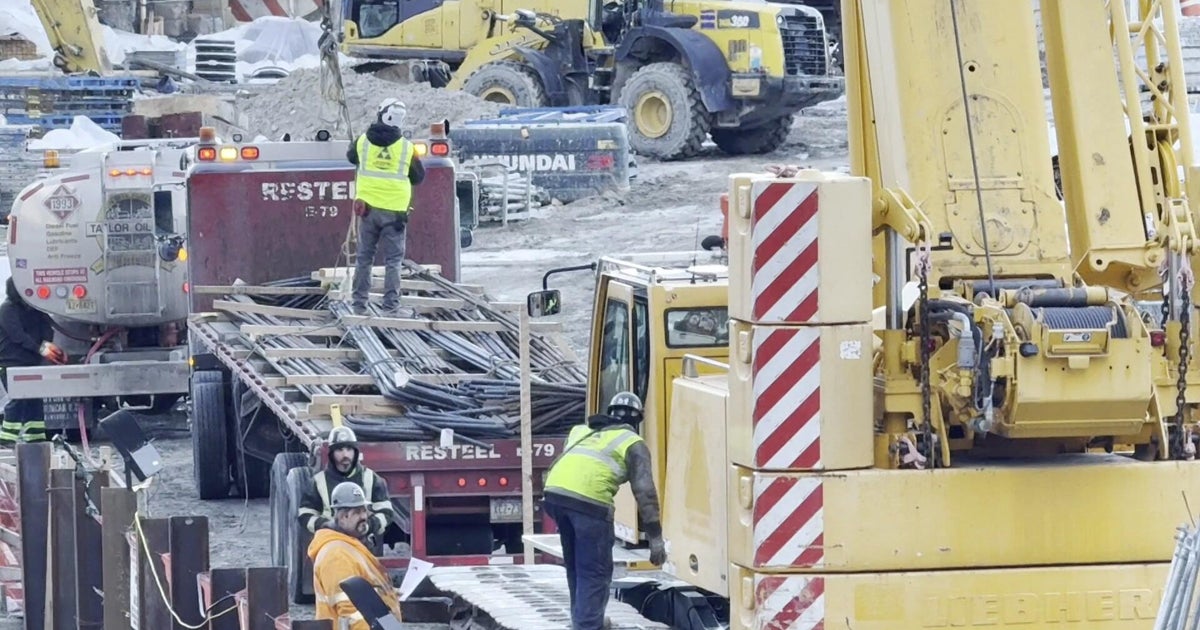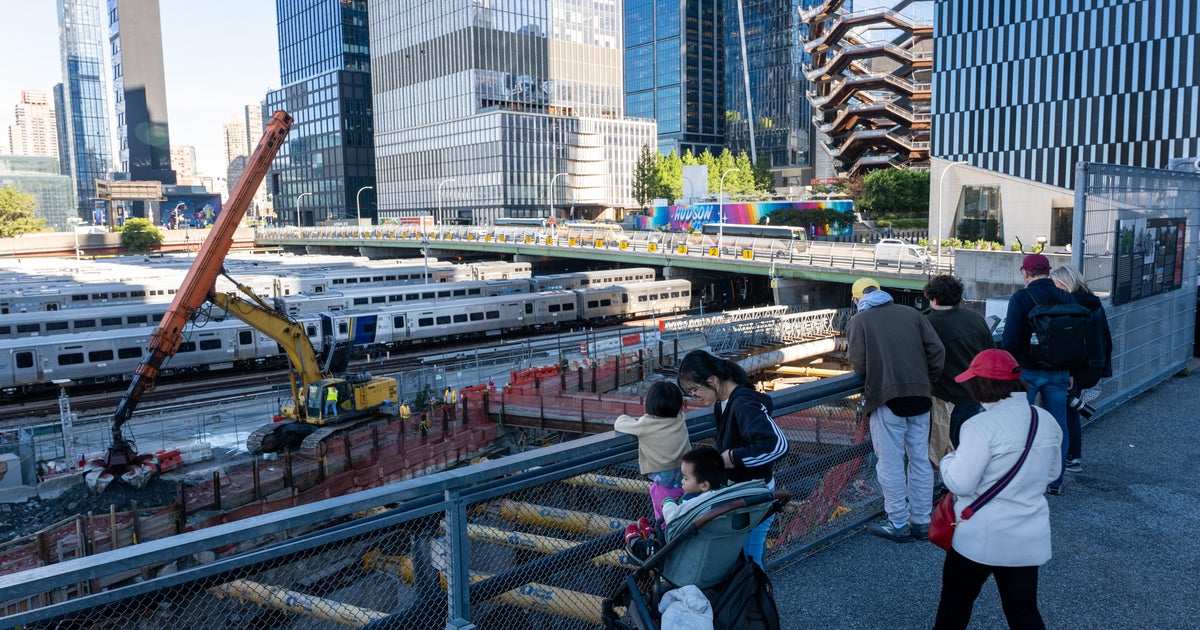On The Money: EDD Audit
By Mike Luery
SACRAMENTO (CBS13) -- More than two million Californians are out of work, but the government agency that's supposed to help them, has failed to meet performance standards nine years in a row – according to a critical report released by the Bureau of State Audits.
The report finds the Employment Development Department's prolonged poor performance has now placed California as an "at risk" state, according to the U.S. Department of Labor. From 2002 – 2011, EDD did not meet federal standards for acceptable performance, according to the audit.
The audit notes, "the department improved its performance when it increased the number of staff and allowed overtime. However, most of its long-term corrective actions have not improved its ability to issue timely first payments or promptly determine eligibility."
One of the key concerns: callers may continue to experience difficulty in reaching agents, despite a new phone system.
"One out of 3 people that call in are not going to be able to reach an agent, even with their new phone system," State Auditor Elaine Howle told CBS 13.
That's no surprise to Janie Balderas, an unemployed Californian, trying to reach a live agent at EDD's Sacramento office on Broadway. She has tried repeatedly, but just can't get through on the phone.
"It just says call back later after 6 o'clock. I've done that for numerous weeks and it's the same thing over and over," Balderas said.
How often has that happened?
"Every time I call," Balderas told CBS 13.
It's a similar story for Flora Davis, who actually drove to the Employment Development Department to reach someone by phone.
"But you still can't get a hold of anybody when you're calling from home it seems like," Davis told CBS 13. The unemployed Sacramento woman added, "I have no luck."
No luck for many Californians, according to State Auditor Elaine Howle.
But in response, EDD's Loree Levy told CBS 13, "We've made tremendous strides in improving those efforts."
Levy added, "the full implementation of our new call center network didn't occur until after the BSA auditors had finished their field work. As the report mentions, we have greatly expanded our capability to handle large call volumes. January is typically the busiest time of any year, recession or not. And data in the first two months of 2011 show call attempts decreased 89.9% despite the continuing high demand. That amounted to an increase of 81.6% in the number of customers receiving services from a call center representative. In other words, at one point in 2009 it may have taken more than 40 call attempts to reach an agent if you needed to, it now takes maybe 3 during busy days. We unfortunately can't put an endless supply of staff on the line at any one time because available funding does have its staffing limitations. That's why on busy days like Monday mornings, we encourage customers to also try submitting questions or information to us online or to try calling the call centers a little later in the week if they can't get through on the first or second try."
The BSA report also blasted EDD for failing to make prompt payments to the newly unemployed.
California is under pressure now to make big improvements at the unemployment office – or run the risk of losing $839 million in federal stimulus funds.
The audit notes the feds are watching the Employment Development Department closely because:
• EDD did not determine whether a claimant could received benefits within 21 says from when it detected issues – by 2010 only 43% of these determinations were made timely.
• Only one of EDD's nine major information technology projects has been fully implemented and is available to claimants.
In response, EDD's Loree Levy states, "Through the early part of the recession, CA along with 42 other states experienced a decline in first payment timeliness performance due to the overwhelming demands. CA added an additional 1,.000 staff in 2009 and by the time they were all trained and fully on the job, EDD made great strides in improving timeliness in 2010. In the last finished quarter ending in December 2010, California's first payment performance was at 76.8% (an increase of 16.4% over the 60.4% timeliness a year earlier). This performance measure relates ONLY to the first payment of benefits when an application and wage earnings have to be reviewed to determine eligibility. When an individual begins receiving benefit payments, EDD processes continued claim forms for future weeks typically the day it is received and checks are mailed that evening or the following morning."
Levy also commented, "As for the Alternate Base Period, the department has given it priority attention and resources. We are reporting quarterly to the legislature on our progress and we do believe timelines will be met, and thus, California's ability to receive $839 million in federal stimulus funds is not at risk."
Levy told CBS 13, "We paid a record $22.9 billion in unemployment benefits in 2010. And typically you might pay $5 billion in any regular year."
But what about the long waits to get through on the phone? That depends on who you ask. But Flora Davis, the unemployed Sacramentan told CBS 13: "Even if you have a simple question, you just can't get a simple question answered. It's really hard to just find out something."
California's unemployment fund is insolvent – and making payments only because of a federal loan. If California defaults on that loan, then employers could face $6 billion in higher unemployment taxes each year.
Send us your story ideas via e-mail to onthemoney@kovr.com. You can also follow On The Money stories in progress via Twitter at http://twitter.com/#!/mikeluery.







